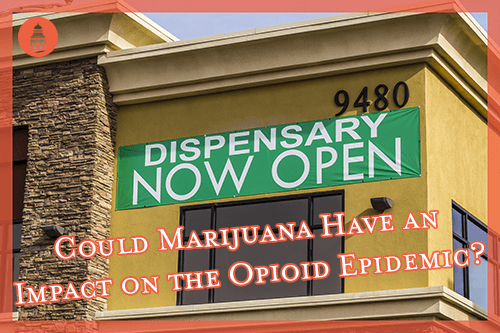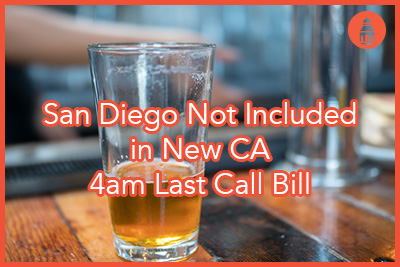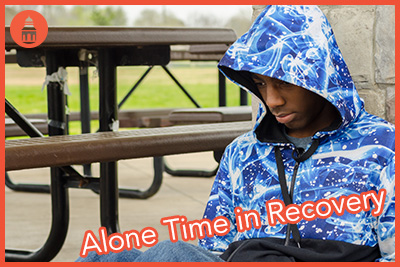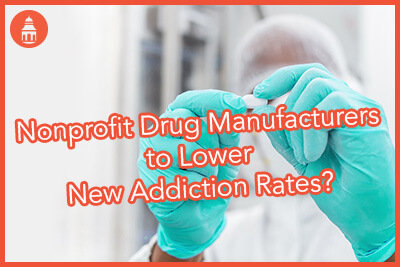
As Californians prepare for the legal sale of recreational marijuana in the new year, the bounds of use of medical marijuana are being questioned across the state and across the country. Despite the lack of federal approval for use of the drug for any purpose, many in the medical community are testing the use of tetrahydrocannabinol (THC), the active ingredient in marijuana, for the treatment of a range of medical disorders.
One of those disorders is chronic pain, a medical problem that many experts say is one of the sources of the opioid epidemic. As tolerance for prescription painkillers increase, so does the dose of the addictive medication. Physical dependence on the pills and cravings for the drug develop over time as the patient begins to feel like the drugs are necessary. Soon, addiction is just as much of a problem as the chronic pain issue, putting the individual at risk of overdose every single day.
Some suggest that marijuana may be the key to making a dent in the epidemic that is causing the loss of more than 90 American lives every day. They say that if marijuana were prescribed for the treatment of pain rather than opiate drugs, we could significantly decrease the number of lives lost to overdose and the rates of opiate abuse among those with painkiller prescriptions that can evolve into painkiller addiction.
Would the simple replacement of opiate painkillers with marijuana help end the opioid epidemic? Would a new epidemic of marijuana abuse, addiction, and a numbed society take its place? What do you think?
Harm Reduction or Equally Dangerous Problem?
The fact is that we are in crisis in California and across the country due to the opioid epidemic. It is not an issue to take lightly, and we are not in a position to disregard any potential option for healthcare that can subvert new cases of opiate addiction or help someone living with chronic pain to avoid overdose. It is estimated that about 60 percent of people who overdose do so in the midst of trying to manage chronic pain; thus, it is an imperative to find alternate and effective solutions for treatment. In fact, many overdoses are simply accidents, with people taking just a little more than the recommended dose or combining the medication with alcohol.
It may be that the THC in marijuana does have pain-relief properties that are the answer to the problem. However, the current standard of care for medical marijuana treatment that tells patients simply to smoke or eat marijuana “as needed” with no other guidelines for dosing are not necessarily an effective solution. Rather, the use of THC extracted from the marijuana plant and prescribed according to a trackable dosing schedule is a far healthier choice, allowing patients and medical professionals to find what works and what doesn’t rather than leaving patients to guess their way to healing and risk developing a new disorder in the process.
When the Cure Is as Bad as the Disorder
There is no easy answer to managing the opiate addiction and overdose epidemic that we are currently facing. No single solution is going to be effective, and even the changes that are effective in terms of broad numbers will not save every person.
It is important for individuals and families who are facing chronic pain, co-occurring mental health disorders, and/or addiction to choose a path that works best for them, and to give themselves permission to try something new or make changes if it is not working.
If your loved one is at risk of opiate overdose due to their use of medications to treat chronic pain, it is not recommended that they make any changes to their treatment regimen without talking to a medical professional. The implementation of a combination of complementary therapies can help to lower the dose of the current opiate medication safely and still effectively manage chronic pain. Whether or not marijuana or THC pills should become part of the treatment plan is a personal decision that should be made by the patient under the supervision and care of their doctor. Should an addiction develop – to painkillers or to any other substance – treatment is recommended.
What do you think? Should medical marijuana be used to treat chronic pain?



